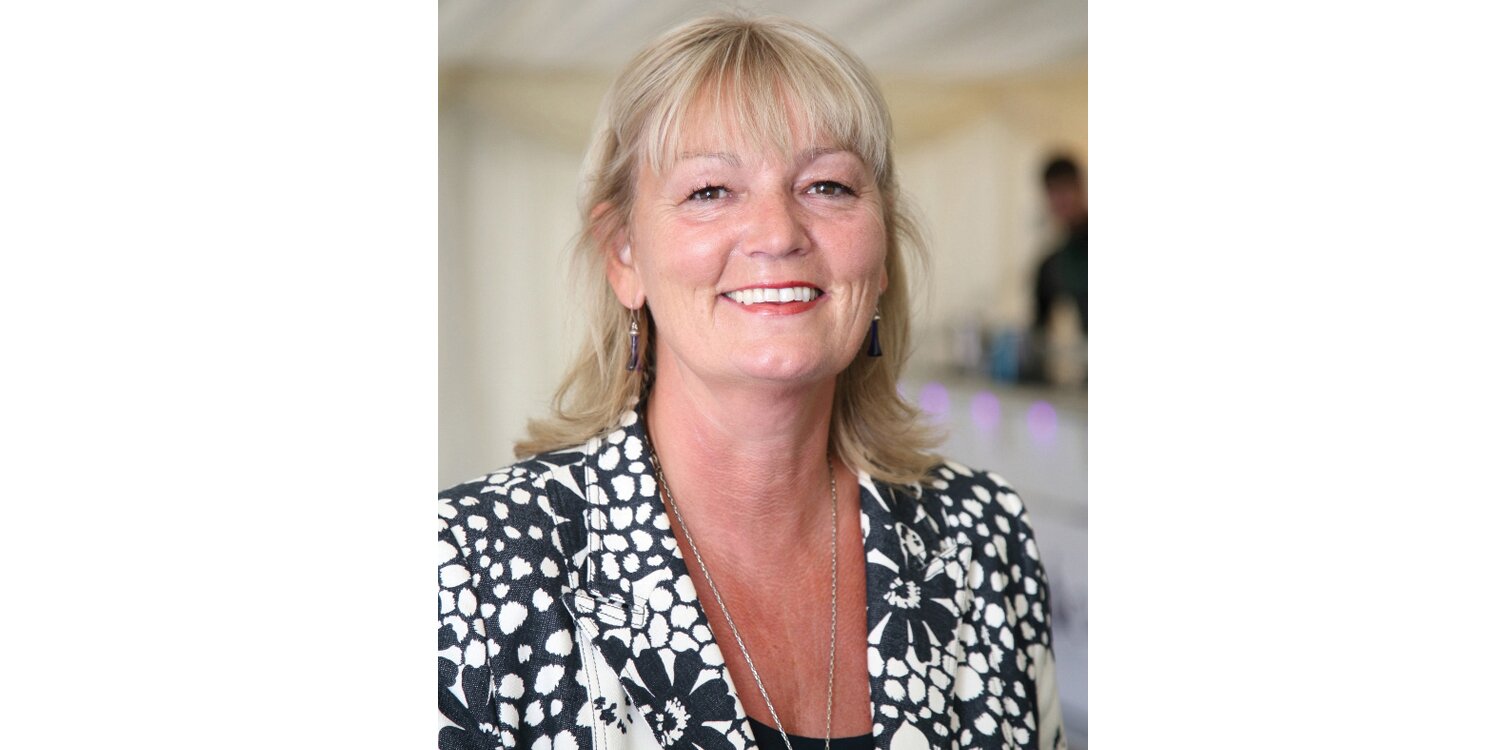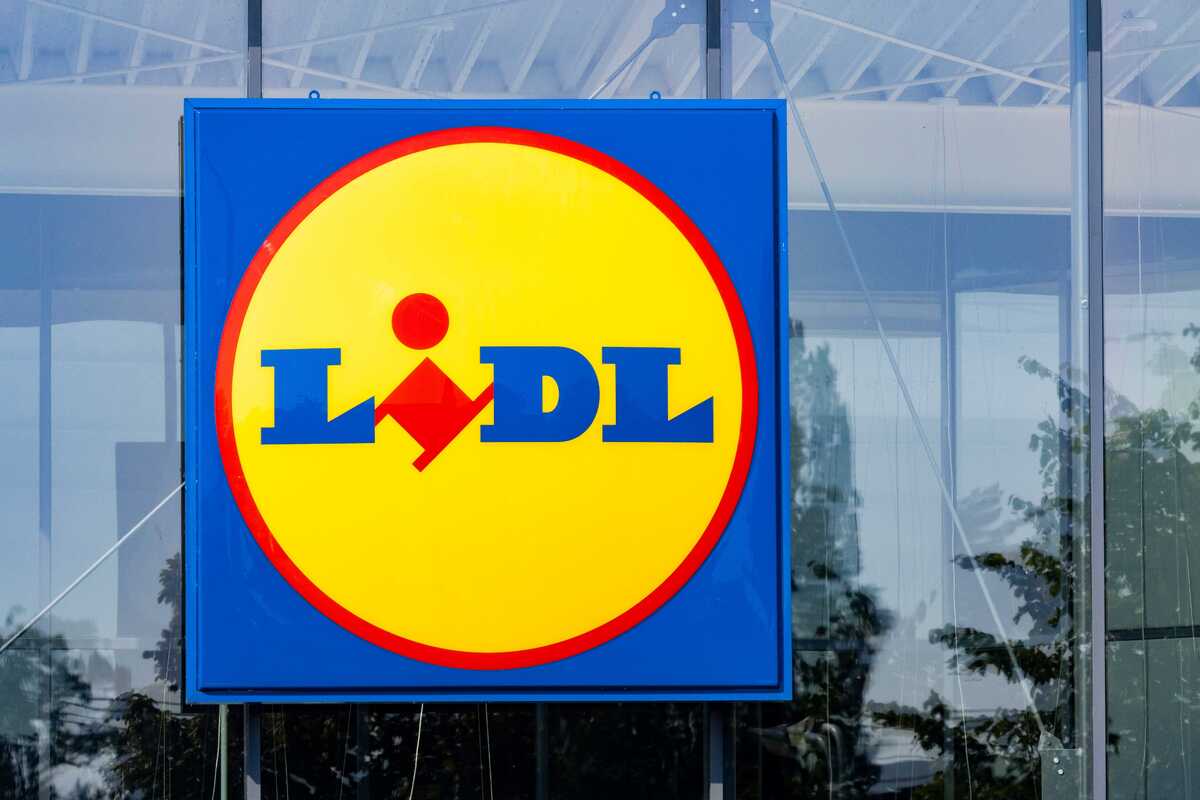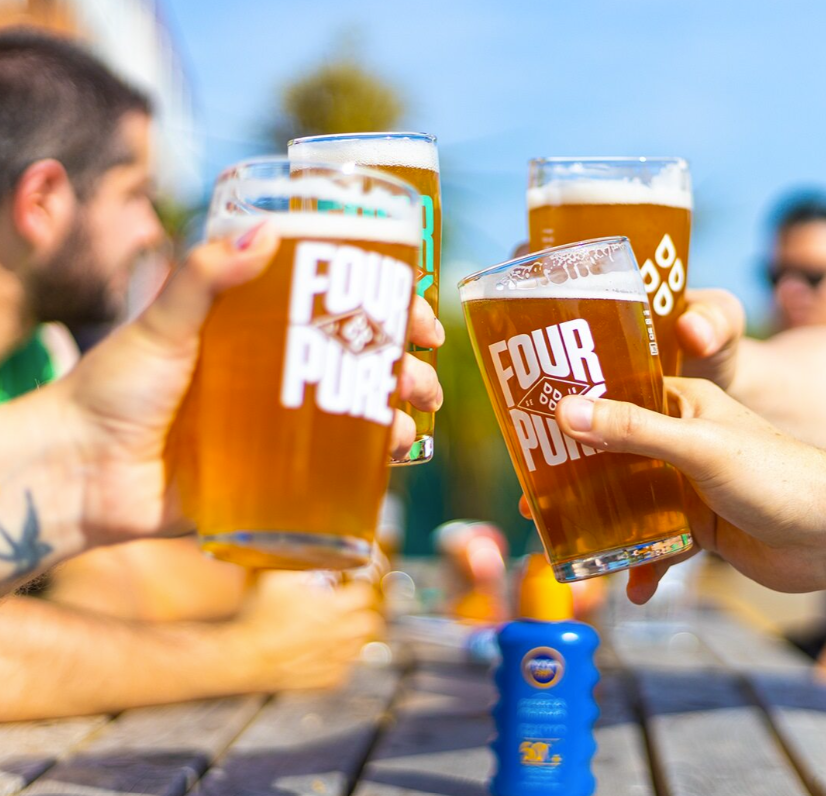Inside track: We are making history, every day
Although we are living in unprecedented times, the actions we take now and those as we come out of lockdown will be remembered. So make it count, says Wendy Bartlett
Better or worse, stronger or weaker – how we behave right now will determine which of these will ring true once this period has passed.
I think in 2021 we’ll look back and feel that, no matter how hard it was (and as much as we would not want to go back to it), we witnessed some amazing moments. We are, after all, living history. It is through all these experiences that we will remember this period. People will look back and ask, “What did you do during the pandemic?”.
I’ve had the privilege of seeing some incredible things and in particular what our teams have achieved in recent weeks, from delivering food to the NHS to sewing scrubs and raising funds for charity.
However, while we are doing what we can during this crisis, we need to think beyond and look to see what our role is in whatever the world looks like on the other side. How can we recover as a sector? How can we create an environment to which people will feel safe to return? This is not going to be easy. What we’ve done in the past may not be entirely relevant in the future.
Confidence will be key to not only getting our customers back, but also to engaging our teams and colleagues. It’s important that we all show visible signs and presence to gain that trust. It will need to be earned, though.
Our own teams will have valid concerns, so we will need lots of TLC, new equipment and systems, guidance, support and training to be clear on the touchpoints facing service needs.
Leadership teams need to lead by example and create a sense of togetherness and positivity. How we share that message is important too. With Zoom and other platforms, we are now invited into people’s homes and the tone of that meeting will be reflected directly back to families – who may even be in earshot! The need for showing vulnerability,
taking care to ask after each other, is an opportunity to grow engagement and sense of trust. Customers and clients will need to have their fears and concerns addressed directly. They will need clear, visible and simple messaging, demonstrating that the establishment is following whatever measures have been imposed, and that they are following guidelines. Customers will need to know that the caterer is 100% committed to the cause and that there is no room for error.
The thing I will be watching closely in the year ahead will be how the perception changes about our industry. Governments who have long enjoyed bashing us and calling us ‘low skilled’ may think again. These were the people out in the streets cooking and delivering food when it was needed. Meals and snacks were magicked in all sorts of ways and delivered within days.
Will they remember that it was the much-maligned sectors that kept the NHS and frontline clean and fed, and were very much part of what made it all work? Time will tell.
I will always remember this time as a period where all of hospitality can be proud of the role we are playing. As caterers, we have been fiercely competitive over the years but there are many long-lasting friendships in there too, so coming together as one has shown the power of our collective views.
Within my sector, ‘frenemies’ have come together to work seamlessly as one by sharing experiences, collaborating on large projects, and supporting the brilliant UKHospitality in bringing one voice to the government. Most of all I shall remember the personal touches, where we have all supported each other.
Finally, I wonder how when we meet again we will greet each other. What will happen with the very British handshake – now a demon in disguise!
















